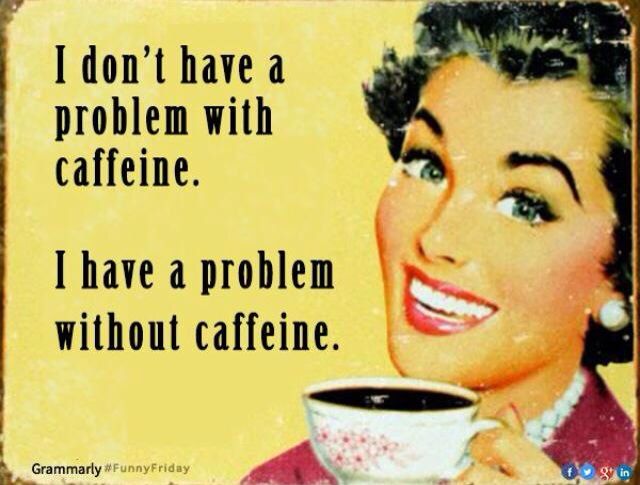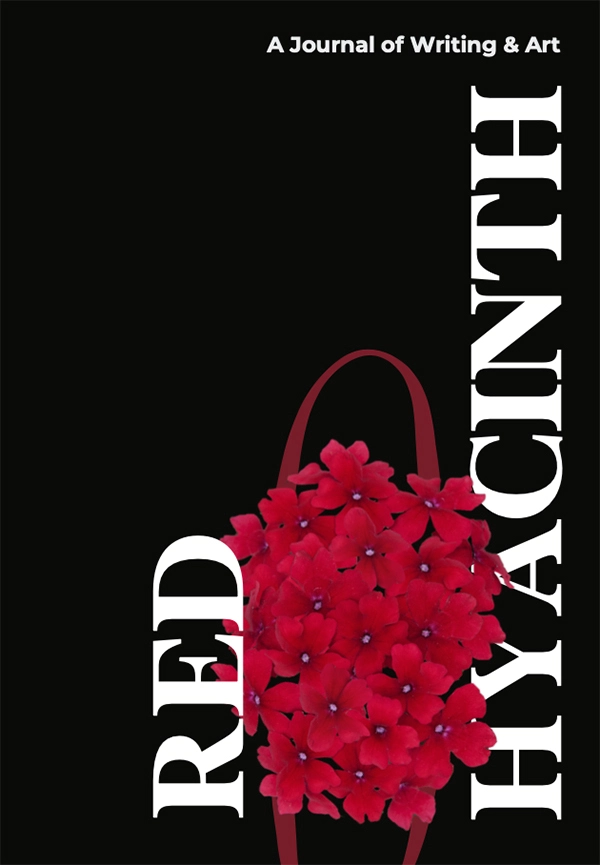Tired, drained, worn out. Students juggling their semesters. Working for a degree and a career is not easy, but it is not unreachable. Instead, it is what you create for yourself to succeed as a student. Yet having a life as a student can be difficult. Assignments built up, midterm exams eyeing students down. Projects interfering with sleep schedules. Final exams give students a run for their social life. Rewards like being a student can be exhausting.
Yet there are many ways students can boost their energy for academic studies. Getting a well-rested sleep in the morning. Not staying up all night. Having well-balanced meals. Or most importantly have caffeine on the student’s side.
Caffeine can be seen as a student’s superhero. Whether it is coffee or energy drinks, caffeine tends to be the helping hand for students these days. Being a helping hand in general for people on the shortcoming of slumber. Students that attend the Mercy University Westchester Campus have the famous Starbucks on their campus. Caffeine is popular there due to the familiarity of coffee being plastered in students’ hands. Yet others may disagree that caffeine affects students’ health. Because caffeine can also create a negative impact on students.
Mercy University Student Michael Tompkins is a psychology student who has developed research on the relationship between caffeine and students consuming it. Conducting a research study for his Statistics and Research Methodology Class, Tompkins explained caffeine as a commonly used substance easily picked up by students using it for studies to be conducted to get assignments completed on time. He explained, “Part of the reason I am running this study is to investigate this more closely, as well as to see if students will use caffeine more if they believe it will have a strong effect on them, and if they are doing well, or doing poorly.”
“Taking the dive into the literature surrounding this topic, a person having a perception that caffeine will affect them may increase the potency of the substance. Part of the reason I am running this study is to look into this more closely, as well as to see if students will use caffeine more if they believe it will have a strong effect on them, and if they are doing well, or doing poorly.”
Caffeine has its positives. Increasing energy levels for students to stay on top of their academic challenges. Individuals being students deal with the norm of being a college student navigating life as it is. Everything jumps at students, the importance of that is to be prepared for what the outcome is. Yet caffeine can be a terrible thing. A terrible thing because it is the student’s job to create a balance and set a schedule for themselves to conduct productive activities and being on top of their studies. Having the consumption of caffeine in their systems can be a bad influence on themselves due to caffeine being the reason their studies are being completed instead of themselves being the reason studies are being completed.
Tompkins added, “I believe that it is a partner in crime, of sorts. One of the studies I read in the literature found that caffeine use correlated with other negative influences, such as anxiety and depression. This was especially the case in the form of energy drinks, which have gotten a lot of special focus in the literature compared to coffee and tea. If this is correct, caffeine use may serve to worsen the burdens of students that are already struggling, especially through loss of sleep.”
According to the National Institute of Health, 86 percent of students had some sort of caffeine in the past 30 days. Sixty-four percent had coffee, 30 percent had espresso and 36 percent had an energy drink. According to the study Caffeine, Sleep and Grades: A Correlation Study, finds that GPA was negatively impacted on reliance of the abundance of coffee and that sleep quality provided higher GPAs.
Tompkins continued, “The impact of caffeine on academic performance as described in the literature surrounding this topic has been somewhat mixed, though it mostly trended toward caffeine having a negative impact on academic performance, despite the positive impact it can have on certain mental skills in the short term. Having this information out there, alongside how it has been impacting students at Mercy, may help students make more informed decisions about their caffeine use in regard to their classwork.”
A big part of the research is Tompkin’s experience with caffeine as it affects his immune system, getting him sick. As he explained, if caffeine did not affect him in a negative way, he would not use caffeine to stay up or focus when worrying about his studies. Seeing it as a way for him to be different. Most students picking up the habit of consuming caffeine makes everyone the same. Tompkins wants to be different.
“I normally have more trouble getting to sleep than anything else, and, truthfully, caffeine tends to make me feel sick more than anything else and doesn’t increase my alertness in any way I notice. When I drink coffee, I tend to drink decaf due to that.”
The study is to find the pros and cons and come to terms with the results. The research is supposed to last until the end of the semester. Think of it as people leaning more towards cigarettes and marijuana for calmness. Relieve stress. People addicted to any sort of drug to cope. Caffeine can be seen as a drug when students are too overwhelmed to consume the substance. As Tompkins said, students would think caffeine helps when it worsens you. How can students perform well in studies when all they do is lean towards caffeine more when things get hard. Leaning towards an addicting object that will be hard for students to let go of.
Tompkins concluded, “At present, without the results of my study to give me a clearer answer than what I have found in my previous research, I would lean toward caffeine having a negative impact on students, despite its use being done to help with academic performance.” He added, “Whether this is caused by the caffeine itself causing poorer performance or more poorly performing students turning to caffeine to perform better is impossible to definitively say without a proper experimental study. I think that including the perceptions of caffeine and the motivations each student must perform well in the body of knowledge will help shed some light on this, however.”










